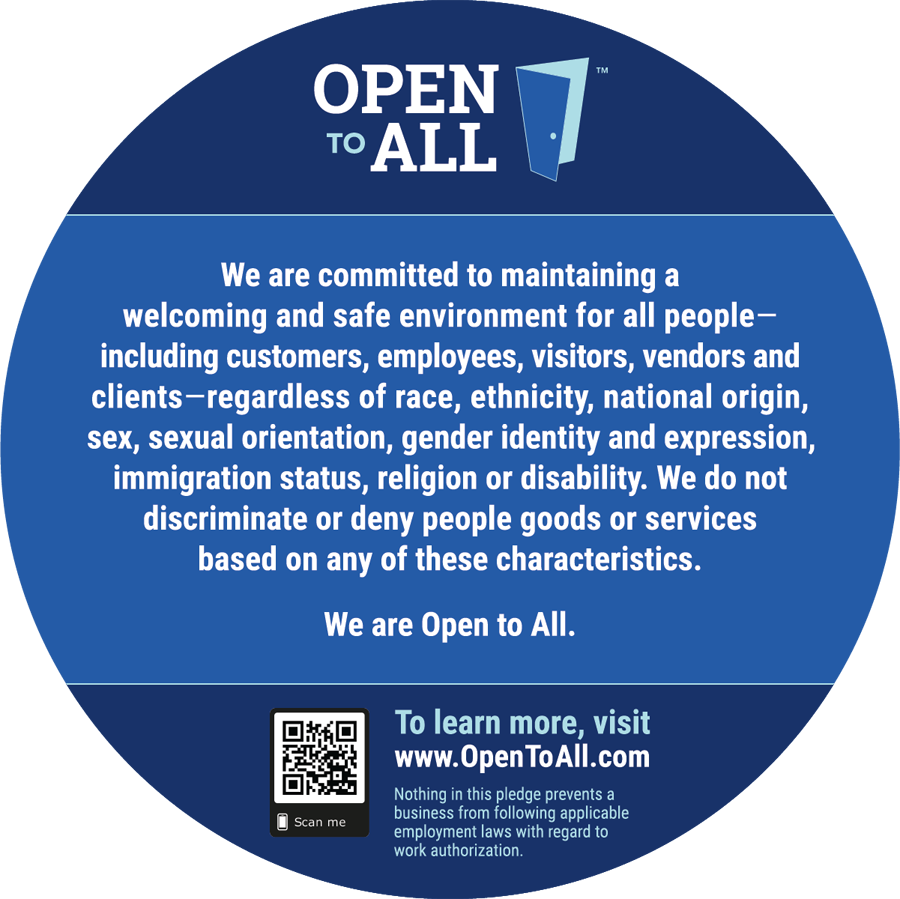Despite the fact that I make my living helping people build their capacity for empathy, I still feel I could do a much better job of living a compassionate life.
For me, empathy is easy; I can’t turn it off. But in order to feel compassion for another person, I have to want it. While empathy is often considered a “higher level” of compassion, I don’t experience it that way.
My empathy is tuned so high that I literally feel the pain another person is experiencing; they bump their elbow on the wall, I get a shooting pain through my funny bone. Someone shares their story of fighting cancer, I imagine myself in the chemo chair. They talk about their newborn keeping them up at night, I feel myself getting tired. They can’t find their way out of a dead-end job, I can’t help but identify with what’s getting in their way.
There’s “cognitive empathy” (being able to share another person’s perspective) and there’s “emotional empathy” (taking on the emotional state of another). Both of these types of empathy come naturally to me. But there’s a third kind of empathy that I have to be conscious of in order to achieve: compassionate empathy, or “empathic concern.” Not only to share in another person’s emotions, but also to see them in a positive light and to want to help. It is less fleeting; it presumes action. It is what I call embodying empathy.
I’m working towards it, but I’m not there yet. Even though I may be empathizing with someone, I don’t always care to put their needs before my own. I see them as just getting in my way. I matter more to me than they do, and I refuse to turn my compassion on. I’d much rather be annoyed. I’m not proud of it, but there it is.
She’s so lazy. He’s so rude. They’re so stupid. What I perceive as their laziness, rudeness and stupidity is a barrier to me getting my needs met — or so I believe.
But what if living more compassionately helped me to see beyond the surface layer and enabled me to be of service to them? What if empathic concern has a greater benefit to the universe than me being personally fulfilled?
The late writer David Foster Wallace had some very powerful thoughts on what it means to live a compassionate life, in choosing a new way of thinking about the tedium of every day adulthood. Wallace got some renewed and much deserved attention over the weekend when his 2005 commencement address at Kenyon College was turned into a film by The Glossary. It already has 4 million views on YouTube.
It is my natural default setting. It is the automatic way that I experience the boring, frustrated, crowded parts of adult life when I’m operating on the automatic, unconscious belief that I am the center of the world, and that my immediate needs and feelings are what should determine the world’s priorities.
~ David Foster Wallace, This is Water
Well worth watching:
What can each one of us do to change our default setting for compassion to On? What can we do to see those around us in a more positive light?
Thank you to Ty Johnston for sharing this video with me.
Related Posts:
- Empathy is Not a Buzzword July 19, 2013 | 10 comments
- Empathy is the Antidote to Shame February 21, 2013 | 6 comments
- User Experience is Not Enough April 21, 2012 | 43 comments
- To Those Who Aim to Cause Pain April 15, 2013 | 9 comments
- How Empathy Won the Election November 7, 2012 | 14 comments



Whitney, I thought your identification of the different types of empathy were spot on. I liken it to watching a “cringeworthy” scene on television, like any episode of BBC’s The Office. You might feel the same emotion the characters are feeling, but you don’t necessarily view them in a positive light. That latter step takes more effort/sympathy/courage when it concerns real people.
The “This is Water” video is fantastic, great find.